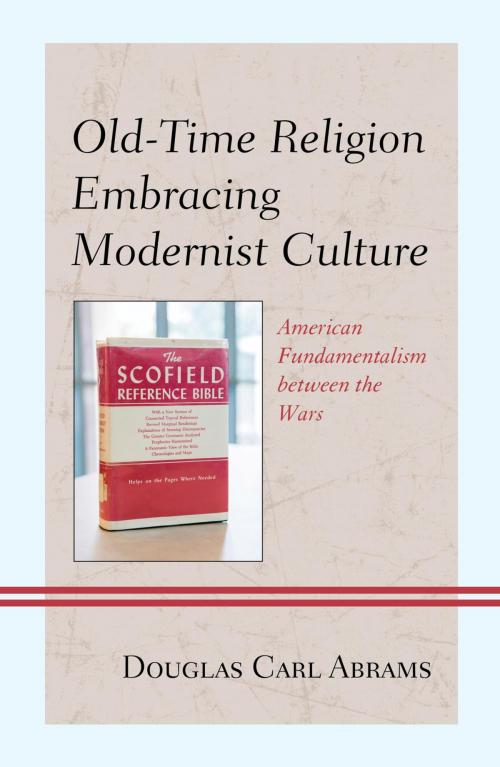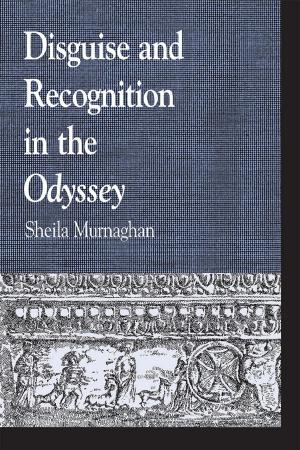Old-Time Religion Embracing Modernist Culture
American Fundamentalism between the Wars
Nonfiction, Religion & Spirituality, Other Practices, Fundamentalism, Theology, Christianity| Author: | Douglas Carl Abrams | ISBN: | 9781498545068 |
| Publisher: | Lexington Books | Publication: | December 7, 2016 |
| Imprint: | Lexington Books | Language: | English |
| Author: | Douglas Carl Abrams |
| ISBN: | 9781498545068 |
| Publisher: | Lexington Books |
| Publication: | December 7, 2016 |
| Imprint: | Lexington Books |
| Language: | English |
Old-Time Religion Embracing Modernist Culture focuses on the founding generation of American fundamentalism in the 1920s and 1930s and their interactions with modernity. While there were culture wars, there was also an embrace. Through a book culture, fostered by liberal Protestants, and thriving periodicals, they strengthened their place in American culture and their adaptation helps explain their resilience in the decades to come.
Usually dismissed as fractious, they rose above core differences and cooperated among themselves across denominational lines in building organizations. In doing so, they reflected both the ecumenism of the liberal Protestants and the organizational impulse in modern urban, industrial society.
This study, the first to focus on the founding generation, also covers a broad spectrum of fundamentalists, from the Northeast, Midwest, the South, and the West Coast, including some often overlooked by other historians
Old-Time Religion Embracing Modernist Culture focuses on the founding generation of American fundamentalism in the 1920s and 1930s and their interactions with modernity. While there were culture wars, there was also an embrace. Through a book culture, fostered by liberal Protestants, and thriving periodicals, they strengthened their place in American culture and their adaptation helps explain their resilience in the decades to come.
Usually dismissed as fractious, they rose above core differences and cooperated among themselves across denominational lines in building organizations. In doing so, they reflected both the ecumenism of the liberal Protestants and the organizational impulse in modern urban, industrial society.
This study, the first to focus on the founding generation, also covers a broad spectrum of fundamentalists, from the Northeast, Midwest, the South, and the West Coast, including some often overlooked by other historians















